Election hopefuls feel the heat on independent living, accessible housing and disability rights
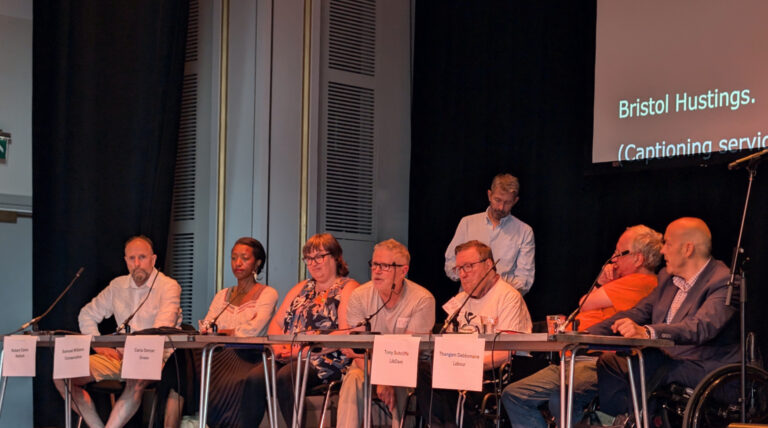
Bristol parliamentary candidates struggled this week with tough questions around how their parties would improve policies, benefits and access for the city’s disabled people.
Independent living, accessible housing and human rights were some of the issues raised at a deaf and disabled persons’ hustings event at the Bristol Beacon’s Lantern Hall on Tuesday 25 June, held ahead of the general election. It was organised by campaign groups Bristol Reclaiming Independent Living (BRIL) and West of England Centre for Independent Living (WECIL).
The event featured divisive comments from Reform’s candidate for Bristol Central, Robert Clarke, who used the platform to make unfounded claims about the dangers of vaccinations rather than directly answering questions.
The other participants, some of whom arrived late, were a hotchpotch of contenders for Bristol constituencies – and in one case not a candidate at all. As has been the case for a number of city hustings, Labour’s MP for Bristol Central Thangam Debbonaire sent apologies, with Hillfields councillor Kelvin Blake, himself a former chair of WECIL, covering for her.
Meanwhile Rose Hulse, Conservative candidate in Bristol North East, and Jai Breitnauer, Green hopeful for Bristol South, showed up in place of their parties’ Bristol Central candidates Samuel Williams and Carla Denyer. Also on the panel was Liberal Democrat Tony Sutcliffe, standing for Bristol East in the upcoming election.
Clarke’s apparent appetite for attention immediately stood out, as he claimed an altercation involving “security and two police officers” had happened as he entered the event. “If you’re going to be inclusive, you do not exclude parliamentary candidates from this constituency at the door,” he said.
There was further unrest later in the event between two women, with one claiming Reform supporters were there to spread “fascist propaganda”. On stage, Clarke claimed there were “1.5 million people vax injured” and appeared to link vaccinations to autism.
His remarks distracted from the focus of the hustings, which included questions from disabled people and their carers wanting to know what the next government will do to improve their lives.
Ahead of the event, BRIL founder and hustings organiser Mark Williams set out why these need answering. “The disabled movement feels as though it’s gone backwards in recent years,” he told the Cable.
Uncertainty on independent living
In response to questions around independent living, Jai Breitnauer claimed the Greens are “the only party with a fully costed plan to improve adult social care”.
The party has proposed a ‘wealth tax’ on households with assets over £10m, which would fund this. It wants to spend an additional £50bn a year on health and social care by 2030, including a £20bn annual investment in social care – including free personal care to support independent living.
Labour representative Kelvin Blake answered the same question by saying a Labour government would change the law to focus on independent living, ensuring that when considering a disabled person’s independence the default would always be for them to remain “at home.”
As pointed out by Disability News Service, this was one of several moments where panellists’ claims went beyond what is in their manifestos. Labour’s says only that the party will “support people to live independently for as long as possible”.
Housing came up several times, with questions focused on how the next government would ensure disabled people can retain their independence, with all candidates agreeing more accessible homes are needed.
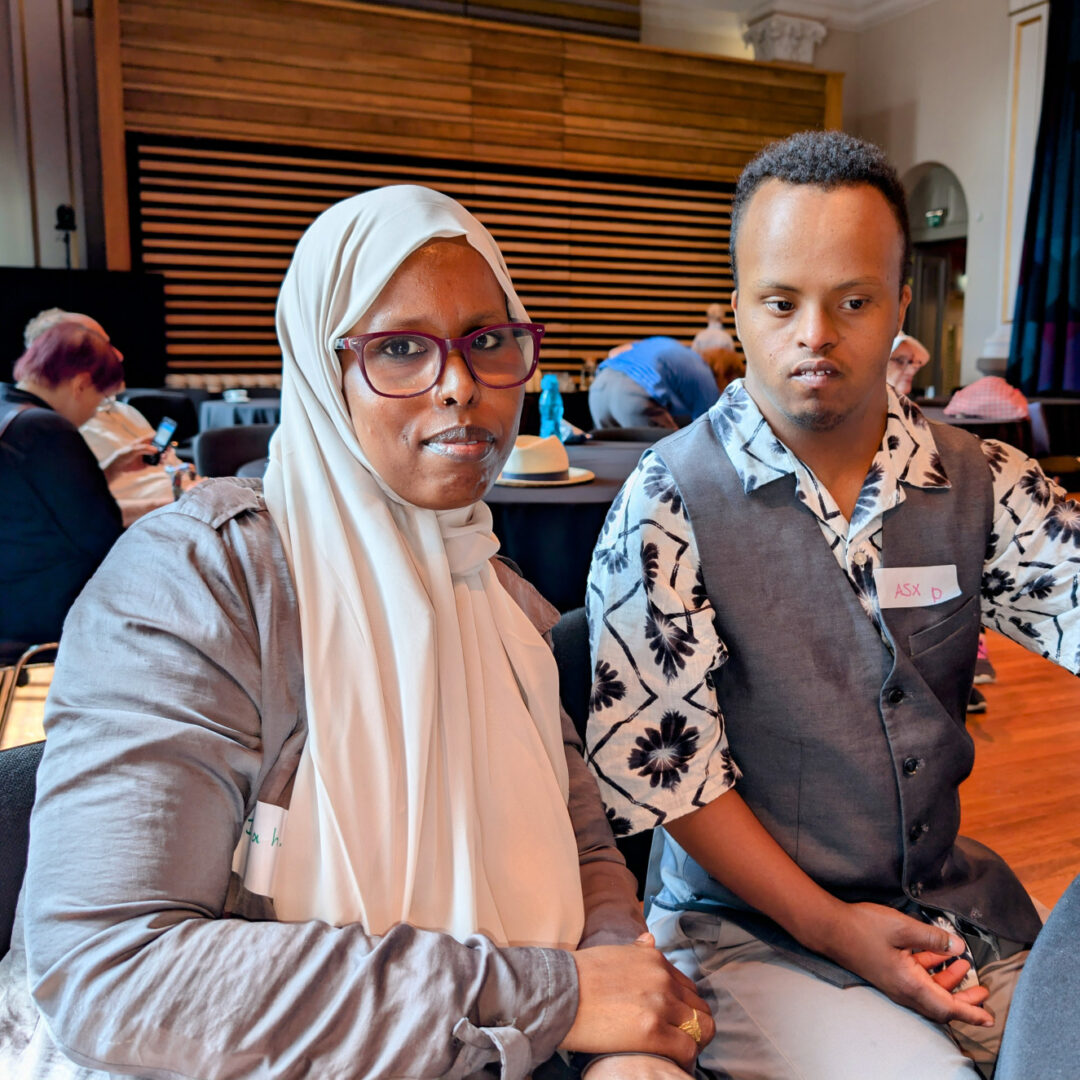
Tony Sutcliffe said a Lib Dem government would “focus on devolving power down to local government”, which he claimed would ensure homes that disabled and local people need are built in the required areas.
Among the audience were Ifrah and Suyhaib. Ifrah is full time carer to her brother Suyhaib and attended the hustings hoping to hear promises around better housing and NHS waiting times. Ifrah told the Cable that she and Suyhaib, along with her two children, have been in temporary accommodation in Lockleaze for over a year and that the council wants her to accept a property in a different area that she knows won’t meet Suyhaibs’ needs.
“Suyhaib needs his own room, but nobody wants to help us without suggesting we move away from our neighbourhood,” Ifrah said. Ifrah, who is Somali born, said British-born Suyhaib has also been waiting over 12 months for an NHS appointment. “I want to know who to vote for so they can make changes.”
UN recommendations cause a stir
There was applause when an audience member asked how a new government would address recent findings by the United Nations (UN) that the UK has made “no significant progress” around violations of the UN Convention on the Right of Persons With Disabilities (UNCRPD). The UN’s report urges action around a number of issues including welfare reforms, hate crime laws and labour shortages across disability and mental health services.
Reform’s Robert Clarke evaded answering the question by saying “the UN do bad things” – forcing chair of the meeting, WECIL’s Alex Johnston, to steer the conversation back to disability. Both Kelvin Blake and Tony Sutcliffe had to look up the UN’s recommendations on their phones, after admitting they didn’t know the suggestions off the top of their heads.
Conservative Rose Hulse – going against her party’s position – said she passionately agreed with the UN’s recommendations, even going as far as to say we should be enshrining the recommendations in law.
As the event drew to a close, another pertinent question relating to benefits for disabled people was asked. The current system includes benefits such as the Personal Independence Payment (PIP) – intended to help with extra living costs disabled people endure which is notoriously difficult to access, with complaints of an unfair assessment process from disabled people.
“People are waiting far too long for far too little money,” said Tony Sutcliffe, noting that more than half of applicants for the benefit are refused at first assessment and have to endure an arduous appeals process. He referred to the current system and the “work” disabled people have to do in order to receive their entitlement as “quite repugnant”.
Jai Breitnauer also acknowledged the importance of the question as did Kelvin Blake, who said: “The Labour party are planning to review the benefits system to ensure that disabled people get a better deal”. He admitted he was uncertain of what that would look like – with the party’s manifesto vague on the subject – but said he would continue to lobby for disabled people locally.
Independent. Investigative. Indispensable.
Investigative journalism strengthens democracy – it’s a necessity, not a luxury.
The Cable is Bristol’s independent, investigative newsroom. Owned and steered by more than 2,500 members, we produce award-winning journalism that digs deep into what’s happening in Bristol.
We are on a mission to become sustainable, and to do that we need more members. Will you help us get there?
Join the Cable today

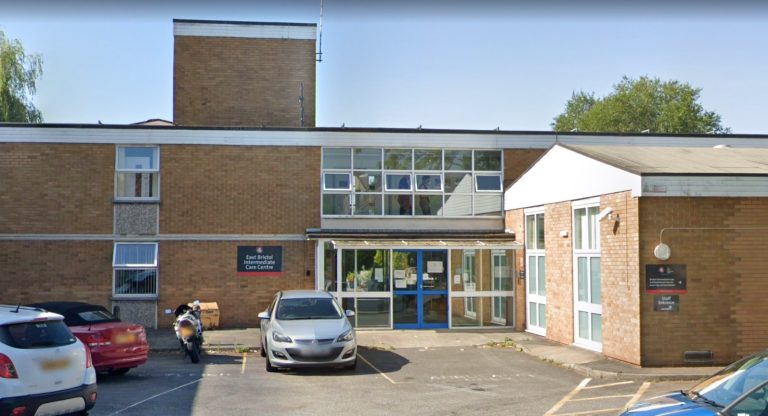
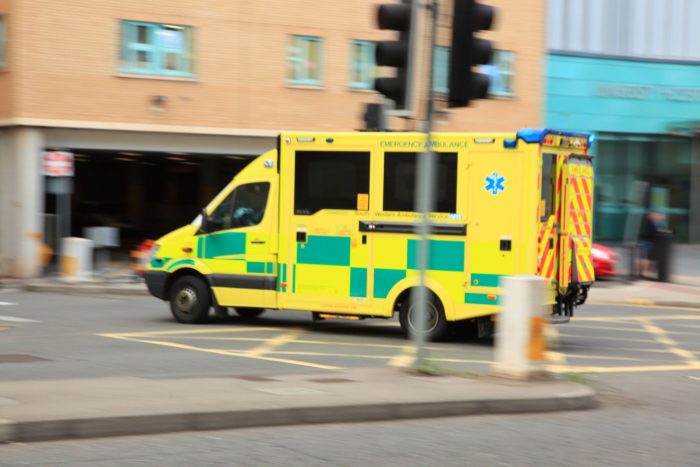
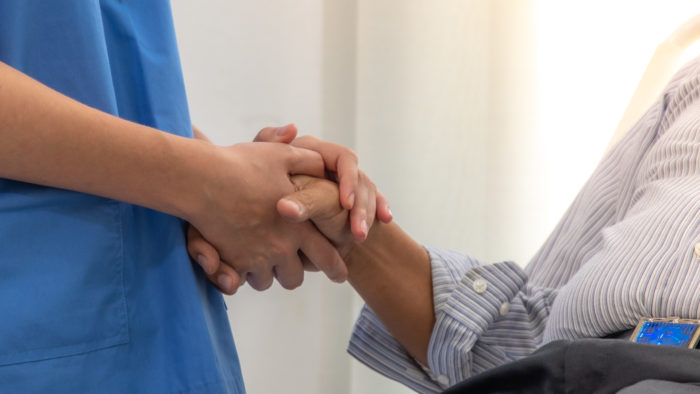
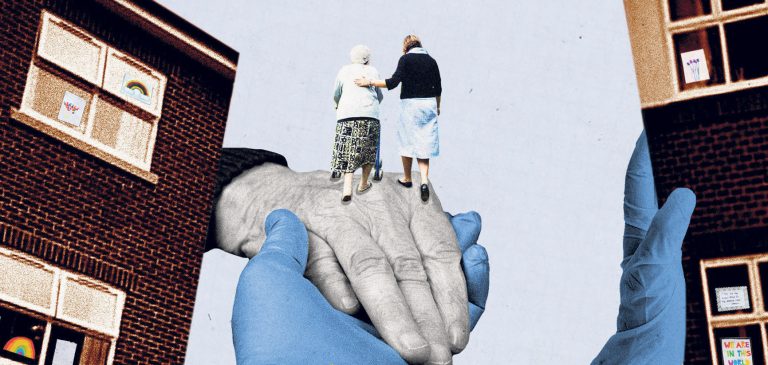

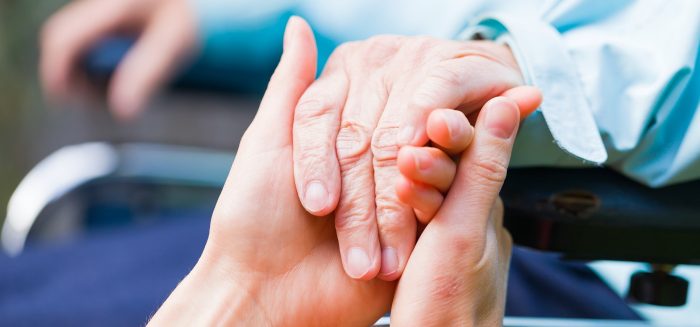


Report a comment. Comments are moderated according to our Comment Policy.